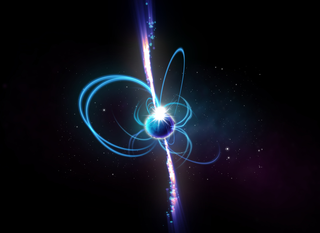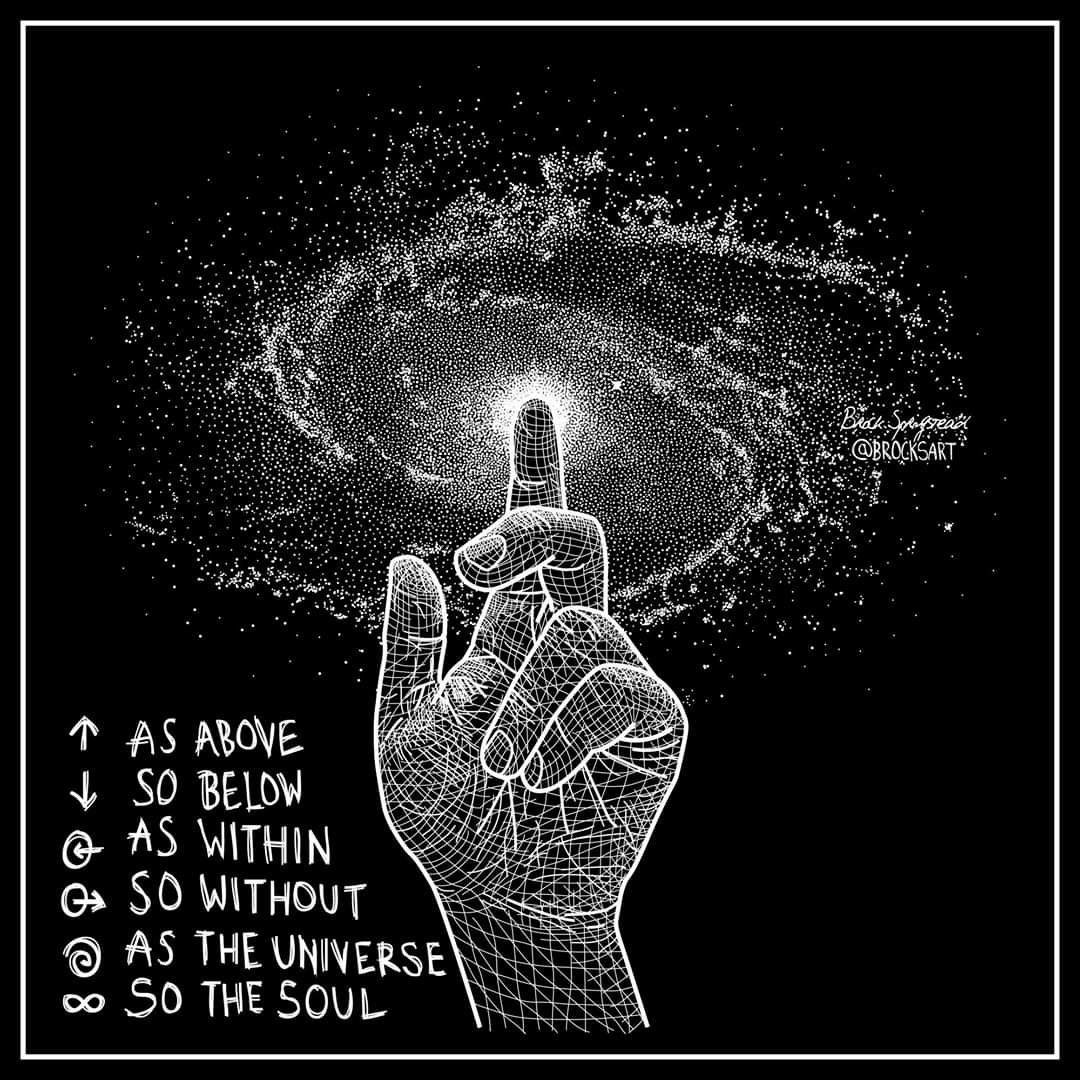- Never Before Seen Pulsating 'Heartbeat Like' Radio Signal Found In a Distant Galaxy:
2022
- nature.com/articles/s41586-022-04841-8
- chime-experiment.ca/en
- chime-frb.ca
- wikipedia.org/wiki/Fast_Radio_Burst
On 14 April 2022, astronomers at Tianlai Cylinder Pathfinder Array (a radio interferometer located in Xinjiang, China, operated by the National Astronomical Observatory, Chinese Academy of Sciences (NAOC)) detected FRB 220414 (?) ("A bright burst was detected with a S/N~15 for ~2.2 ms duration at UT 17:26:40.368, April 14 2022 (MJD 59684.06018945136)") located at "RA = 13h04m21s(\pm 2m12s), DEC = +48\deg18'05"(\pm 10'19")".[188]
- FRB 220414
On 13 July 2022, the discovery of an unusual FRB 20191221A detected by CHIME was reported. It is a multicomponent pulse (nine or more components) with peaks separated by 216.8ms and lasting an unusually long duration of three seconds. This is the first time such a periodic pulse was detected.[22]
- FRB 20191221A
- Home
- Forum
- Chat
- Donate
- What's New?
-
Site Links

-
Avalon Library

-
External Sites

- Solari Report | Catherine Austin Fitts
- The Wall Will Fall | Vanessa Beeley
- Unsafe Space | Keri Smith
- Giza Death Star | Joseph P. Farrell
- The Last American Vagabond
- Caitlin Johnstone
- John Pilger
- Voltaire Network
- Suspicious Observers
- Peak Prosperity | Chris Martenson
- Dark Journalist
- The Black Vault
- Global Research | Michael Chossudovsky
- Corbett Report
- Infowars
- Natural News
- Ice Age Farmer
- Dr. Joseph Mercola
- Childrens Health Defense
- Geoengineering Watch | Dane Wigington
- Truthstream Media
- Unlimited Hangout | Whitney Webb
- Wikileaks index
- Vaccine Impact
- Eva Bartlett (In Gaza blog)
- Scott Ritter
- Redacted (Natalie & Clayton Morris)
- Judging Freedom (Andrew Napolitano)
- Alexander Mercouris
- The Duran
- Simplicius The Thinker







 Reply With Quote
Reply With Quote



Bookmarks